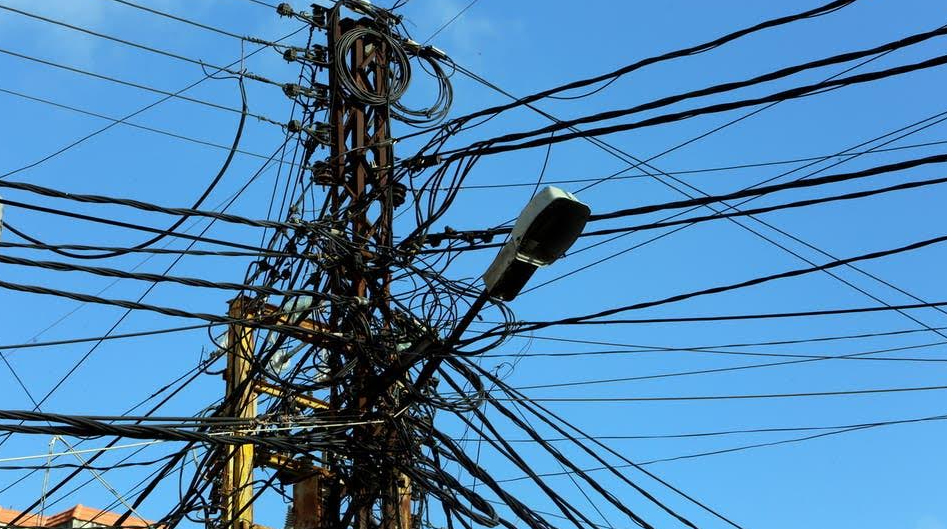Next Wednesday, Jordan, Lebanon, and Syria will sign an agreement to export electricity to Lebanon with a maximum of 250 megawatts per day, under a U.S.-backed regional plan to help ease severe electricity shortages.
The three countries completed technical procedures to transmit electricity from Jordan to Lebanon through Syrian territory, in preparation for signing a tripartite contract. The contract is supposed to obtain final U.S. approval, which will grant an exception to Lebanon and Jordan from the Caesar Act sanctions regime. After the contract is signed, the parties can begin to transfer Jordanian electricity to Lebanon.
Read Also: Jordan Top Diplomat Discusses Caesar Act Exemptions in Washington
On Wednesday, Jordanian Energy Minister Saleh al-Kharabsheh said that Jordan will sign an agreement next week with Lebanon and Syria to supply Lebanon with electricity. Kharabsheh told state media that the agreement would provide for 150 megawatts from midnight to 6 am and 250 megawatts for the rest of the day.
Under a plan agreed on last October between Lebanon, Jordan, and Syria, Jordan will provide Lebanon with electricity through Syria to help boost Lebanon’s energy production. At present, Lebanon’s state production capacity is enough to cover a few hours a day—at best.
Earlier, the Lebanese Ministry of Energy confirmed that technical matters had been completed. All that remains is signing the contract, which had been awaiting the U.S. approval that arrived last week for Lebanon, Jordan, and Egypt. With that in place, project implementation can begin.
This article was translated and edited by The Syrian Observer. The Syrian Observer has not verified the content of this story. Responsibility for the information and views set out in this article lies entirely with the author.


